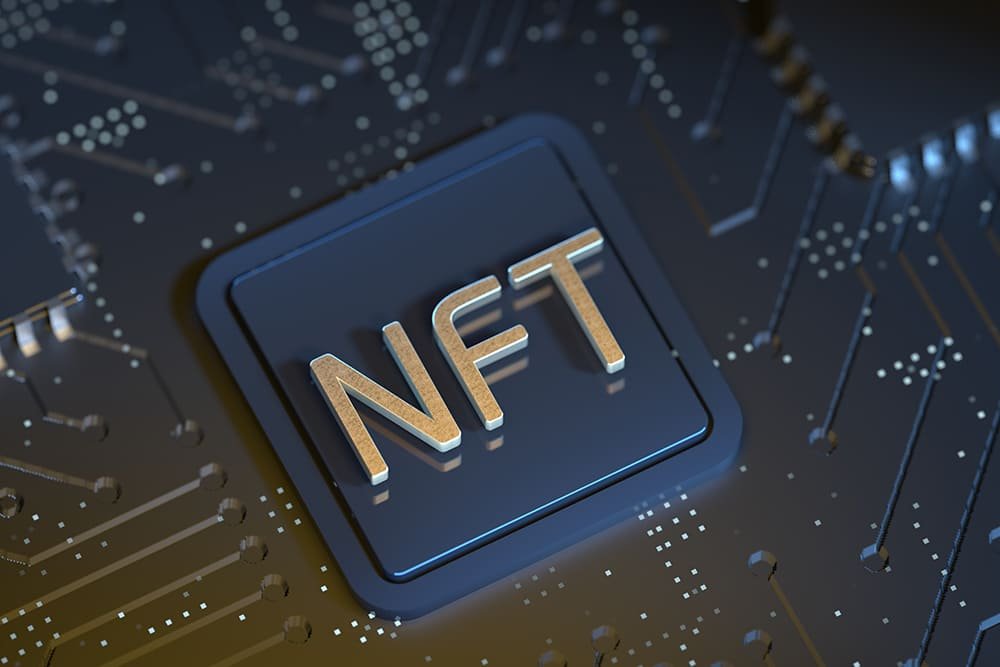NFTs (Non-Fungible Tokens) are unique digital assets stored on a blockchain. Unlike cryptocurrencies like Bitcoin or Ethereum, which are fungible (interchangeable and identical in value), NFTs are non-fungible, meaning each one is unique and cannot be replaced with another.
Key Features of NFTs:
- Uniqueness: Each NFT has a distinct digital signature, making it one-of-a-kind or part of a limited series.
- Ownership: Ownership is recorded on the blockchain, ensuring authenticity and proof of ownership.
- Indivisibility: Unlike cryptocurrencies, NFTs cannot be divided into smaller units; they exist as whole entities.
- Interoperability: NFTs can be bought, sold, and traded across various platforms that support blockchain standards like Ethereum's ERC-721 or ERC-1155.
Common Uses of NFTs:
- Digital Art: Artists sell unique digital artworks as NFTs.
- Collectibles: Virtual trading cards, in-game items, and rare digital objects.
- Gaming: Play-to-earn games use NFTs for in-game assets.
- Virtual Real Estate: Ownership of virtual land in metaverse platforms like Decentraland or The Sandbox.
- Music & Videos: Musicians and content creators sell exclusive rights to digital content.
